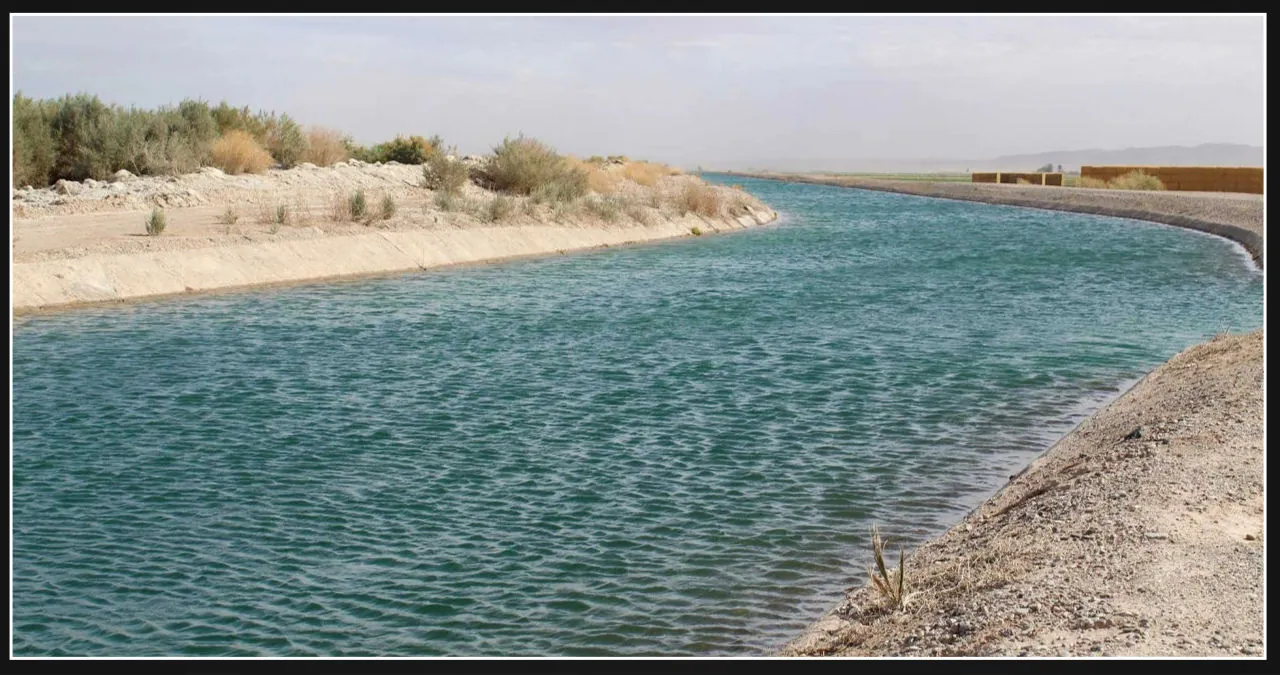Governor Kate Hobbs has partnered with the Northern tribes of Arizona to sign the biggest tribal water settlement ever recorded in the history of the United States.
“This marks a significant milestone for Arizona, Tribal nations, and all those involved in these agreements,” expressed Hobbs. “These agreements have far-reaching and enduring effects as they ensure a reliable water supply for tens of thousands of Arizonans and foster the growth of local economies. I take great pride in being a part of this solution that countless Arizona families have tirelessly advocated for over the generations.”
The Northeastern Arizona and Yavapai-Apache tribal settlements have marked a significant milestone by signing two historic agreements. These agreements aim to resolve long-standing tribal water rights claims to both Colorado River water and groundwater sources in Northeastern Arizona. Presently, approximately one-third of the Navajo Nation lacks access to running water. This groundbreaking agreement opens the door for funding to be allocated towards diverting Colorado River water to these areas, addressing the pressing need for clean water in these communities.
“I would like to express my gratitude to Governor Hobbs for her exceptional leadership in facilitating this groundbreaking agreement. I am also immensely grateful to the dedicated team at the Arizona Department of Water Resources for their tireless efforts. With their invaluable assistance, I am confident that we can foster a consensus among the seven basin states to successfully navigate this agreement through Congress,” stated Navajo Nation President Buu Nygren.
The San Juan Southern Paiute Tribe has finally secured land for their reservation through a ratified treaty. For 160 years, they had shared land with the Navajo Nation, but now they have their own designated territory. Robbin Preston Jr., the President of the tribe, highlighted in an interview with AZPM News in August how the tribe’s inability to construct crucial infrastructure was a direct consequence of not having a federally recognized reservation. This lack of infrastructure has greatly impacted the tribe members’ ability to stay on their ancestral land.
According to Preston, the relocation of tribal members to other states like California and Utah is primarily due to the lack of opportunities in their own community. This includes limited access to housing, education, healthcare, and employment. However, with the recent settlement and the establishment of their reservation, tribal members now have the chance to consider returning home and utilizing the knowledge and skills they have gained outside of Indian country for the betterment of their tribe.
However, for the treaties to take effect, Congress must approve the settlements and funding for the water projects. They have until the final adjournment of this Congress to do so. As of now, the United States House of Representatives does not have any scheduled meetings after December 19th. Given the hefty price tag of $5 billion, there are doubts about whether it can be achieved.

